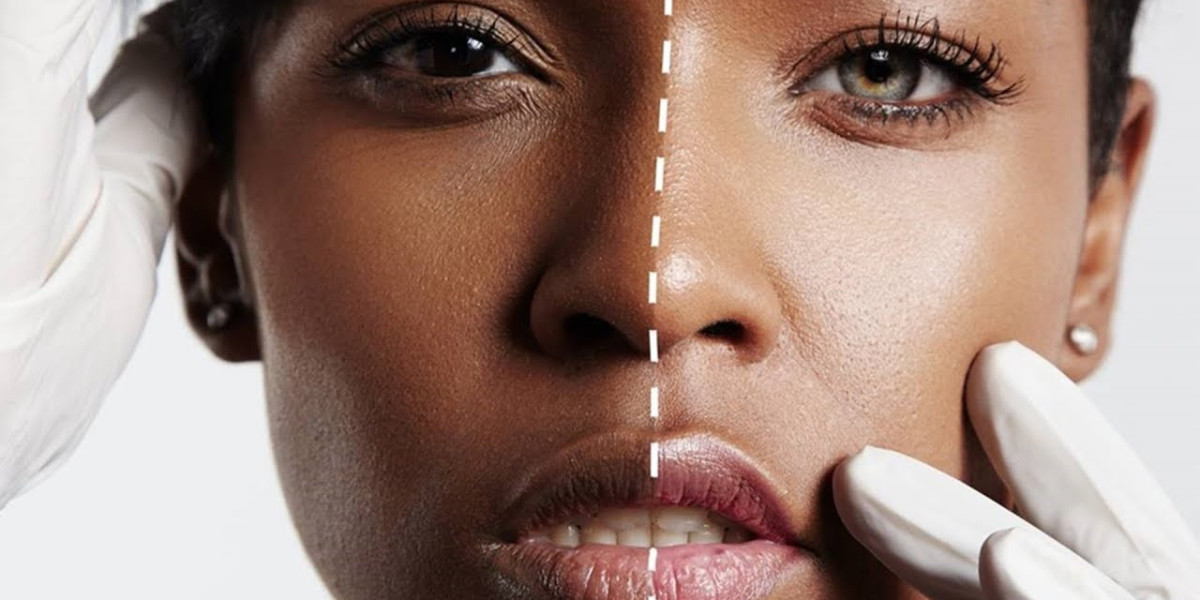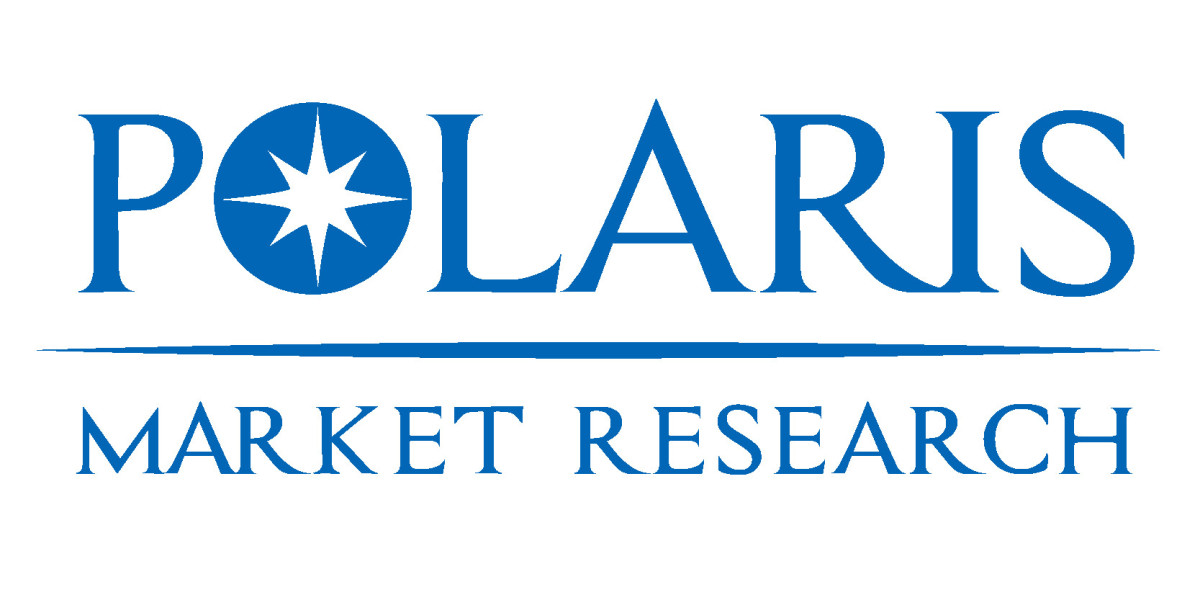In a culturally diverse and religiously observant society like Islamabad, personal care choices often come under religious scrutiny. A common question many residents have is whether procedures like Skin whitening in Islamabad align with Islamic teachings. As the demand for aesthetic treatments increases, understanding their compatibility with faith is essential for peace of mind and informed decisions.
This article explores the concept of skin whitening from an Islamic perspective, clarifies religious misconceptions, and helps residents of Islamabad make conscious, ethical, and safe choices regarding their skincare goals.
Understanding Skin Whitening in Modern Context
Skin whitening refers to a set of treatments and procedures designed to lighten and even out skin tone, reduce hyperpigmentation, and restore radiance. It may include topical creams, chemical peels, laser therapies, or intravenous treatments. In Islamabad, clinics offer a variety of medically supervised procedures to meet diverse cosmetic needs.
But beyond the cosmetic goals lies a deeper question: Is altering one’s skin tone permissible in Islam?
The Islamic Lens: What Does Halal Mean in Aesthetics?
The term halal (permissible) in Islam encompasses all actions that are allowed under Shariah law. When it comes to bodily alterations, scholars generally differentiate between:
Permanent, irreversible changes for vanity (often considered haram or impermissible)
Temporary or therapeutic changes done for health or self-care (often allowed)
Skin whitening lies in a gray area that depends on intent, method, and outcomes.
Islamic Scholars’ Perspectives on Skin Whitening
Scholars have offered nuanced views when it comes to aesthetic enhancements. Here's how they break it down in relation to skin whitening:
1. Intent Matters Most
If a person opts for skin whitening purely for vanity or to conform to a certain beauty standard, some scholars argue it may fall into the category of “changing the creation of Allah” (as referenced in Surah An-Nisa 4:119).
However, if the purpose is to:
Treat hyperpigmentation,
Reduce sun damage or melasma,
Restore one’s natural skin tone due to health or environmental damage,
then it is seen as restorative care and not forbidden.
2. Temporary Treatments Are More Acceptable
Treatments that are non-invasive and temporary (like creams or chemical peels) are more likely to be considered halal than those that cause permanent changes or rely on artificial ingredients derived from haram sources.
3. Hygiene and Self-Care Are Encouraged in Islam
Islam places high value on cleanliness, grooming, and self-care. Enhancing one's appearance within the boundaries of modesty and religious ethics is not just allowed—it is recommended.
4. No Imitation of Other Cultures
One Islamic concern related to skin whitening is whether it promotes imitating non-Muslim cultures or standards of beauty. However, seeking treatments to improve skin tone due to medical or personal reasons is distinct from blindly imitating others.
Is Skin Whitening a Form of Changing Allah’s Creation?
This question is often raised when discussing cosmetic procedures. It’s important to distinguish between changing and maintaining or restoring Allah’s creation.
Many scholars argue that corrective and restorative measures, such as treating pigmentation, acne scars, or sun damage, do not constitute sinful changes, especially when they aim to return the skin to its natural, healthy state.
As long as treatments are medically safe and used with the right intention, they are usually not seen as haram.
What Makes a Skin Whitening Treatment Halal?
For Islamabad residents seeking halal-compliant cosmetic care, consider the following checklist:
Ingredients: Are the creams or products used free from haram substances (e.g., alcohol or animal derivatives)?
Method: Is the procedure non-invasive and reversible?
Intent: Are you trying to enhance natural beauty or erase your God-given features?
Supervision: Is the treatment performed under qualified, ethical medical supervision?
If the answer to these questions aligns with halal standards, the treatment is generally considered permissible.
Halal-Certified Skin Whitening Products in Islamabad
Several skin whitening products in Islamabad are now marketed as halal-certified. These formulations avoid the use of alcohol, animal-derived ingredients, or harsh chemicals and are safe for regular use. Clinics also offer organic, medically-approved whitening peels and serums made with natural ingredients.
Always ask for product details before starting any regimen to ensure compliance with your ethical standards.
Types of Skin Whitening Procedures and Their Religious Implications
Here's how common procedures rank in terms of Islamic permissibility:
1. Topical Whitening Creams and Serums
Halal Status: Generally halal, especially if free from prohibited substances.
Use Case: Daily skincare for mild pigmentation.
2. Chemical Peels
Halal Status: Permissible if the peel is superficial and temporary.
Use Case: Brightening dull skin, removing dark spots.
3. Laser Whitening
Halal Status: Allowed if it doesn’t permanently alter the skin and is used for correction.
Use Case: Treating melasma, acne scarring, and sun damage.
4. IV Glutathione Injections
Halal Status: Controversial; depends on the origin of glutathione and safety concerns.
Use Case: Whole-body lightening.
Residents should consult both a religious scholar and a medical expert before proceeding with advanced procedures.
Psychological and Cultural Impacts of Skin Whitening
While religious permissibility is crucial, it's also important to consider why one wants lighter skin.
In South Asian societies like Pakistan, fairness has long been associated with beauty and social status. However, these stereotypes are slowly being challenged as people embrace a wider spectrum of skin tones.
Islam teaches equality, self-acceptance, and rejecting racism. Using skin whitening for health or self-care is acceptable, but not for self-loathing or comparison.
Choosing the Right Clinic for Halal Skin Whitening in Islamabad
When choosing a clinic in Islamabad, ensure they meet the following criteria:
Medical-grade, halal-certified products
Transparent consultation process
Ethical practitioners who respect religious beliefs
Treatments focused on skin health, not drastic transformation
Clinics that acknowledge and support religious boundaries are better suited for observant patients.
One such reputable clinic is Dynamic Clinic Islamabad, known for its ethical practices and patient-centered approach to aesthetic care.
Conclusion: A Faith-Informed Choice
The question of whether skin whitening is halal ultimately comes down to intention, method, and moderation. Islam does not forbid beautification as long as it is done respectfully, ethically, and within prescribed limits.
For residents of Islamabad seeking skin whitening treatments, there are plenty of options that align with both faith and dermatological health. As long as you make informed choices and prioritize your wellbeing, you can achieve your aesthetic goals without compromising your beliefs.
Before starting any treatment, consult with both a qualified dermatologist and a trusted religious advisor to ensure the approach is right for you in every aspect.



